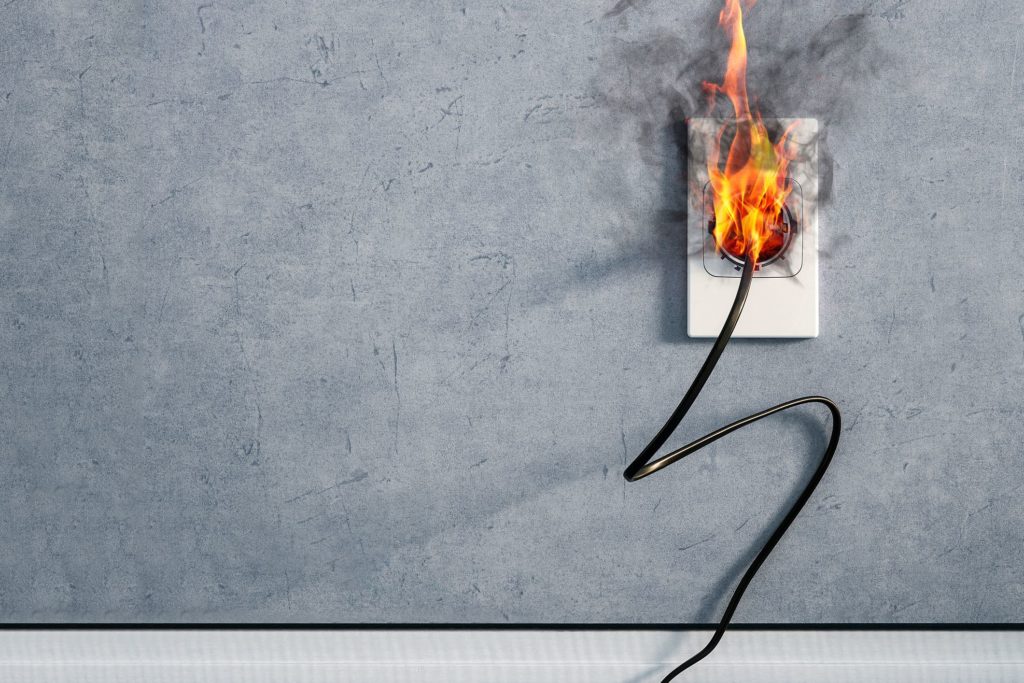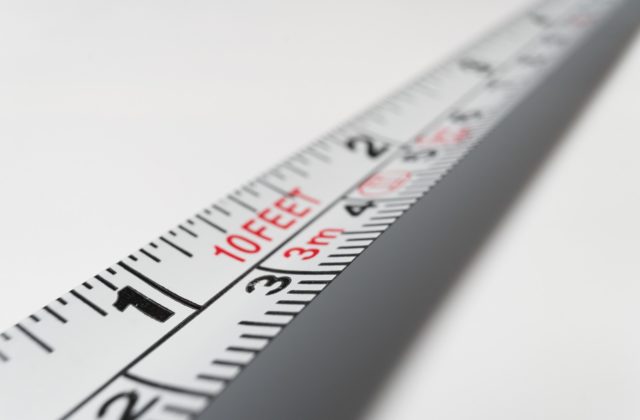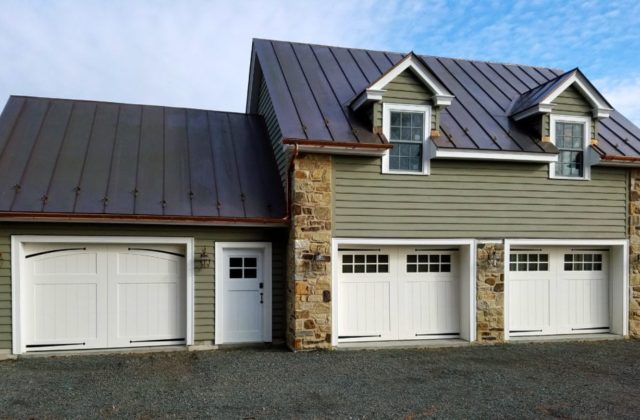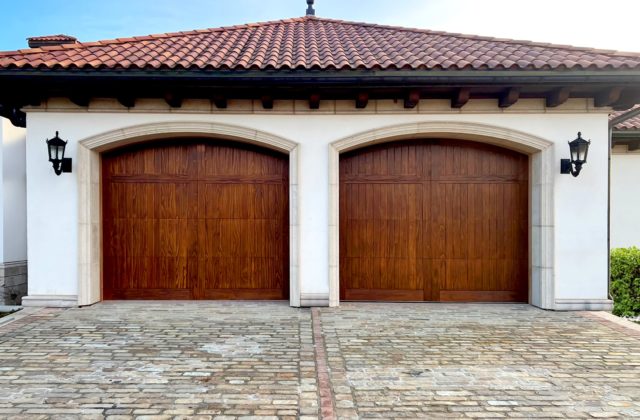When it comes to home safety, people often think about installing alarm systems and incorporating deadbolts and security cameras within and around their homes. However, garage safety is often overlooked or forgotten. But, home garage safety is vital when it comes to preventing damage and injuries for your entire family.
Our garage safety tips prioritize two necessary tools to keep your home safe: a heat detector and a carbon monoxide detector.
Common Causes of Garage Fires
It’s important to know some of the common causes of garage fires so you can be proactive and cautious to prevent starting a fire. There are three main causes of garage fires, and the biggest one is an electrical malfunction.
To stay proactive, regularly check outlets, circuits, and electrical panels in your garage. There shouldn’t be any dust or debris covering them and there should not be any kinks in your wiring. If you see any damage to wiring or outlets, take the necessary steps to either remove or repair it.
Along the same lines, during colder months you’ll want to make sure you’re being cautious with how you’re heating your garage space. Open flames account for 11% of all residential garage fires, and these types of fires occur most often in December and January.
Even with regular maintenance and routine repairs, there is still a possibility of a garage fire within your home. So, let’s outline the two most important devices you need to maximize your garage safety.
#1. Garage Heat Detectors
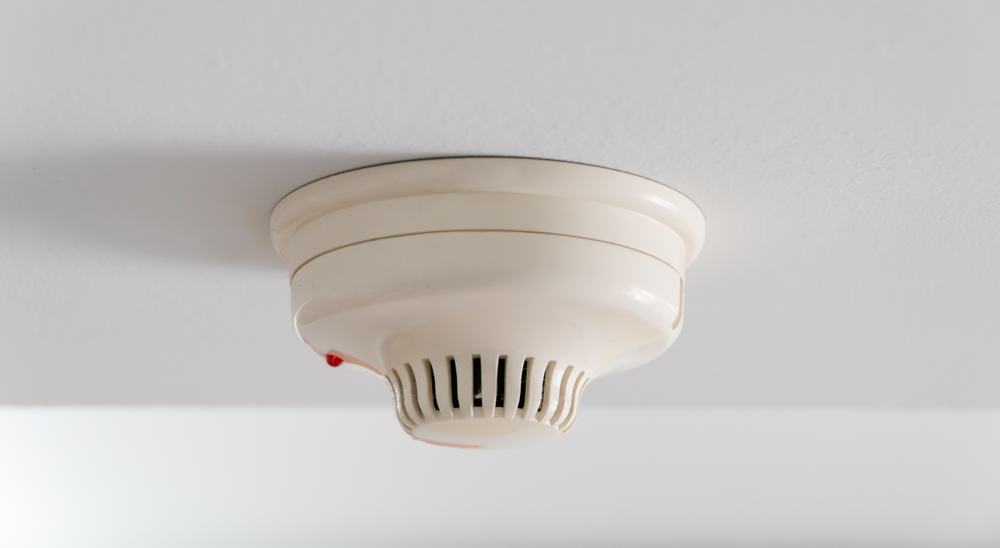
Are you storing boxes of family mementos and photo albums? Does your family pet stay in a kennel that’s nestled into the garage? Is this a common space where you work on fun hobbies and projects?
There are many different ways to utilize your garage space and you want to make sure it’s kept cool all year round. Not only will this help you make the space more useable, but it will also protect your family and pets from heat-induced fires.
No matter how you use your garage space, a heat detector in your garage can ensure that your family, pets, and heirlooms are kept safe.
Smoke Detector vs Heat Detector
Now, how do heat detectors work differently than smoke detectors? Heat detectors will react when there’s an increase in temperature within the room, which is often caused by a fire.
A smoke detector is a common safety device in your home and may be confused with a heat detector. These terms should not be used interchangeably, so let’s outline the purpose and difference of each.
If you have a smoke detector in your garage, you may notice it goes off more frequently than necessary. That’s because it can be triggered due to car exhaust and excessive dust in your garage space.
Not only can this become annoying for you to constantly have to turn it off and check the garage area, but over time the internal sensors of the alarm may stop working. As a result, it becomes less reliable in case of a true emergency or fire.
Because of this, your smoke detectors should be placed in rooms that connect to your garage rather than being placed directly in the garage space.
So, if you use your garage space for a creative studio, extra living room, or alternative use, you may want a smoke detector in your garage. However, if you’re using your garage as a storage space for your car or as a workshop, we’d recommend a heat detector instead.
Types of Fires for Heat Detection
There are two different types of fires: low-energy and high-heat.
Low-energy fires give off a lot of smoke and consume fuel slowly. In comparison, high-heat fires consume fuel very quickly and will trigger a heat detector more quickly.
In order to be proactive for both types of fires, we recommend getting a heat detector that monitors the rate of rise and the physical temperature in the room. A rate-of-rise heat detector will alert you if the temperature rapidly rises above the standard, whereas a fixed temperature detector will only alert you if the room temperature rises above a certain point.
It’s best to buy a multi-criteria heat detector so it will sense both an increase in temperature and the rate of the rise. There are also options to have both a smoke detector and heat detector all in one device.
Heat Detector Benefits
Because each device works and reacts to heat and fires, heat detectors are more reliable than a smoke detector in your garage. Whether your space is experiencing a heat wave or a spark turns into a fire, the heat detector will alert you to any abnormal conditions so you can act accordingly.
To make the most out of your heat detector, install interconnected alarms for additional garage safety. That way when one starts going off, the other alarms will turn on. This ensures that anyone in or around the house is aware of an issue and can act proactively.
Pro Tip: You may be surprised to learn that certain garage door materials, such as urethane composite actually aid in the regulation of internal garage temperatures. So during hot summers, you can keep temperatures cool and reduce the risk of overheating your garage space.
Maintaining Your Heat Detector
It’s one thing to install a heat detector in your garage, but it’s important to keep up with the maintenance so it keeps your home safe.
Your heat detector should be rated to alarm for temperatures around 135 degrees Fahrenheit. If you live in a hotter climate, you can opt for a heat detector fixed with a 170-degree Fahrenheit set point.
You should regularly clean the heat detector to get any dust and debris away from it. And just like smoke detectors in your home, make sure you’re changing the batteries when the low-battery alarm sounds.
#2 Garage Carbon Monoxide Detectors
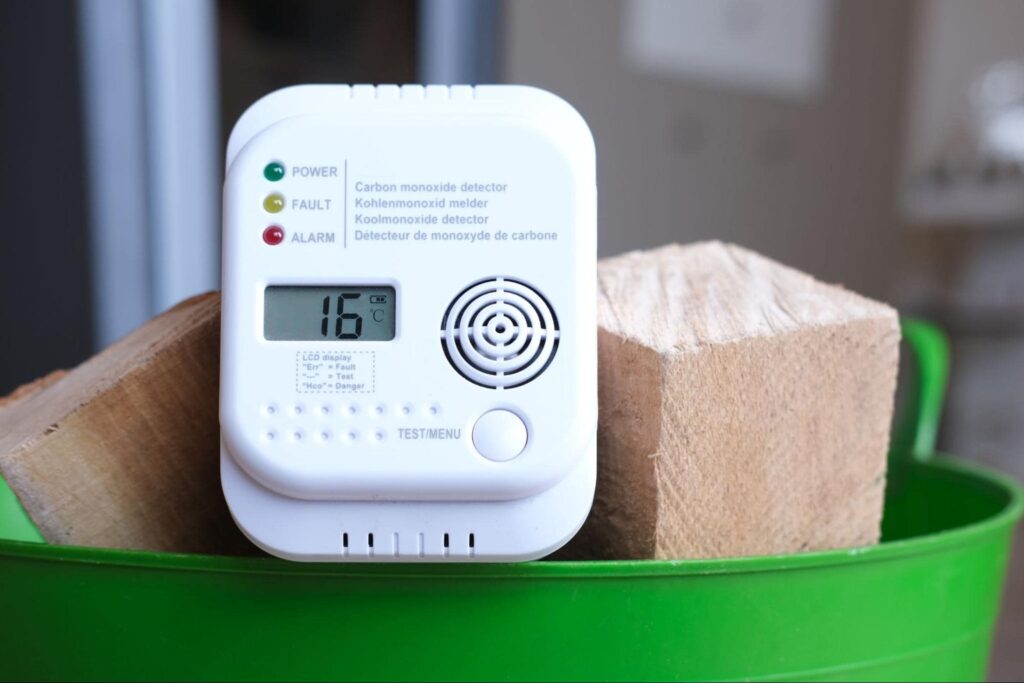
Carbon Monoxide or CO is produced when fuel is burned in cars, trucks, small engines, stoves, lanterns, grills, fireplaces, and furnaces. So, if you store any of these materials within your garage, or have lanterns as exterior lighting, you should install a carbon monoxide detector for the protection of your family and pets.
If this odorless, colorless gas builds up indoors, it can poison anyone, people and animals, that breathe it.
Common symptoms of CO poisoning are headaches, dizziness, upset stomach, chest pain, and confusion. If you breathe in enough CO you will likely pass out. Unintentional CO poisoning can result in an emergency room visit, needing to be hospitalized, and even death.
Carbon Monoxide Detector In Your Garage
Similar to heat detectors, a carbon monoxide detector will alert you of an issue within your garage. This is especially important if you have a car stored in your garage, are using your garage as a workshop with machinery, or keep a grill in your garage.
The alarm will sound if carbon monoxide levels are higher than standard so you can be proactive about the issue before the levels become life-threatening. There are even some detectors that you can buy that protect your family from both high levels of carbon monoxide and heat.
Because CO is a gas, it can easily leak into other rooms of your home. It’s essential to install interconnected alarms so that when one starts going off, the entire house is alerted.
Maintaining Your Carbon Monoxide Detector
For optimal garage safety, you must keep up with the maintenance of both detectors. It’s important to note that you should use alkaline batteries in your CO detector rather than rechargeable ones.
To properly maintain your CO detector, test it once a month. Just like the heat detector, make sure you clean off any dust and debris around your CO detector.
This blog was originally published on August 29, 2018, and was updated on June 28, 2023.
